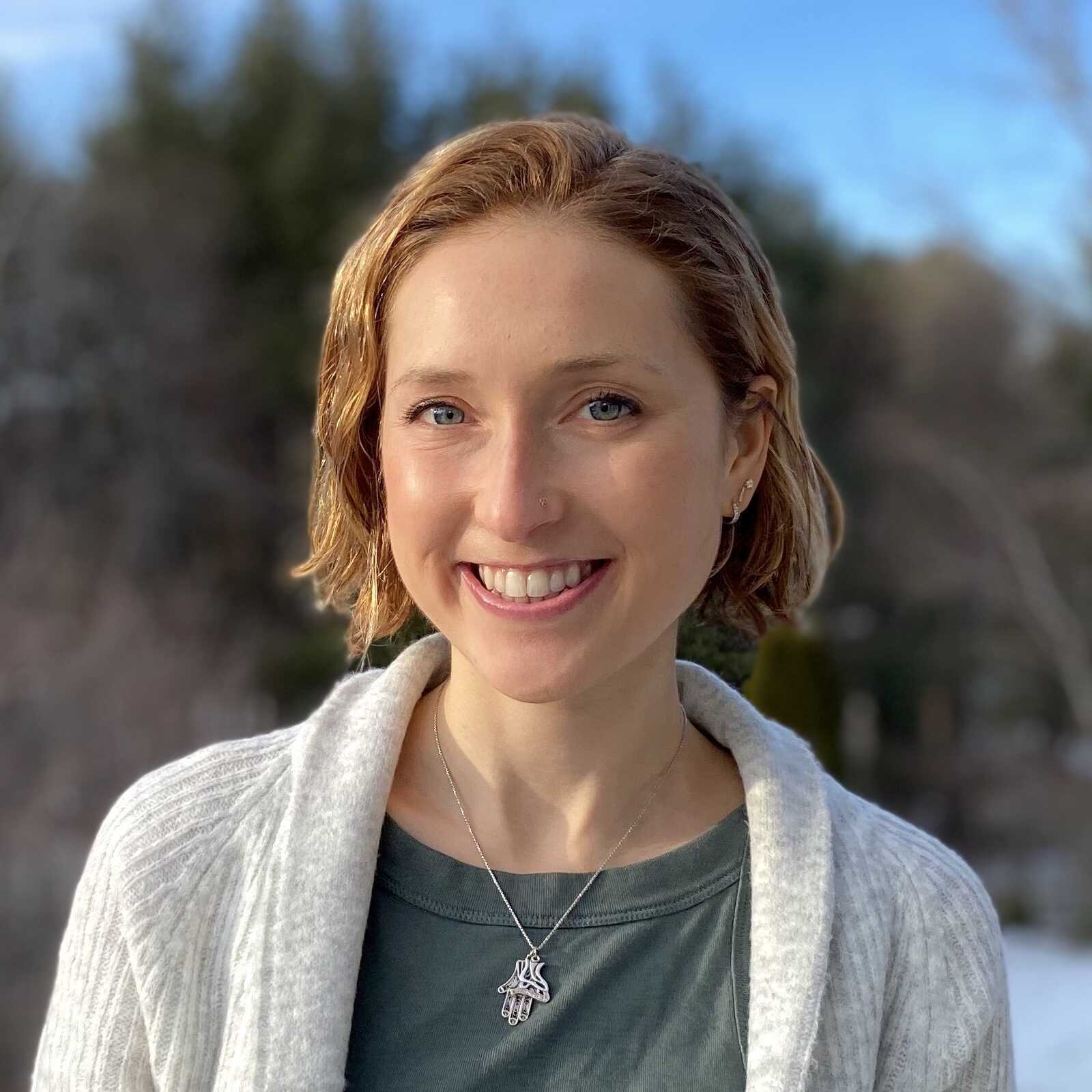People
Faculty
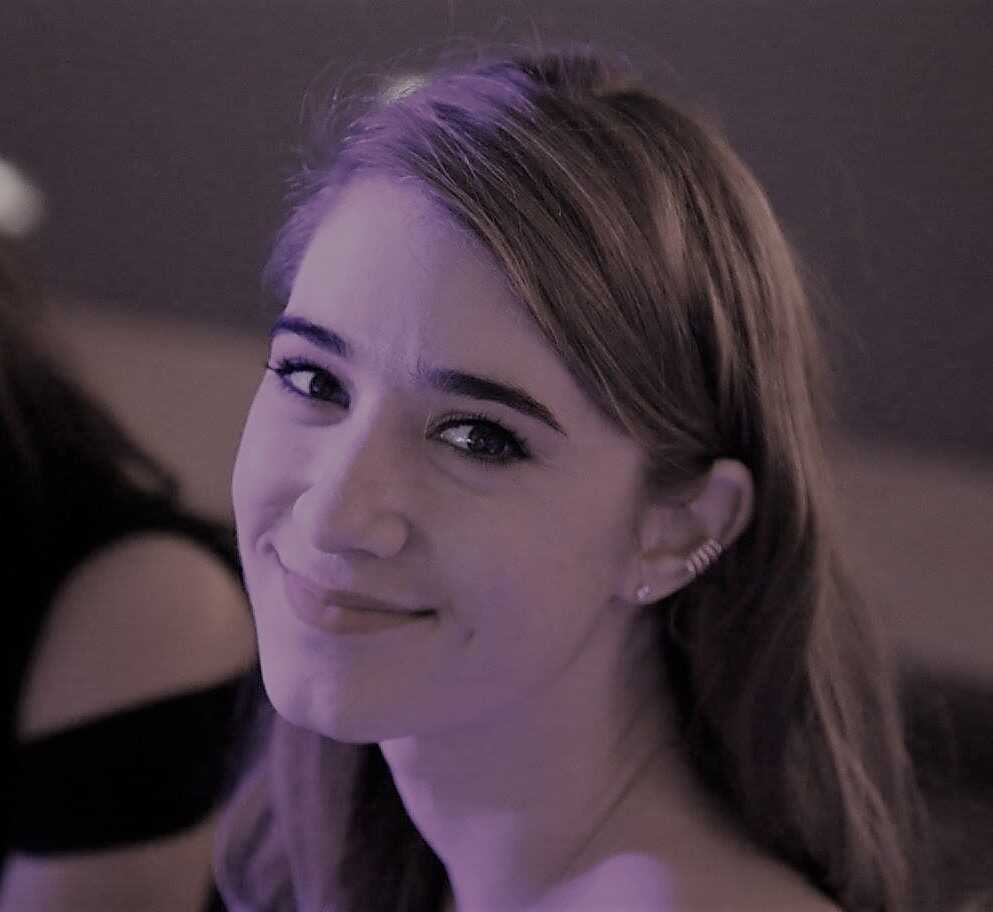
Alina Arseniev-Koehler
Alina Arseniev-Koehler is currently a graduate student at the University of California Los Angeles pursuing a PhD in Sociology. Substantively, her research interests include culture, cognitive sociology, language, and health and illness. Methodologically, she is interested in computational social science and machine-learning, with a focus on the computational analysis of language. Her Master’s research aimed to provide a cognitively plausible, computational account of the schemata activated by news reporting on obesity. Alina also enjoys learning and teaching new computational techniques and helps coordinate the Computational Sociology Working Group at UCLA.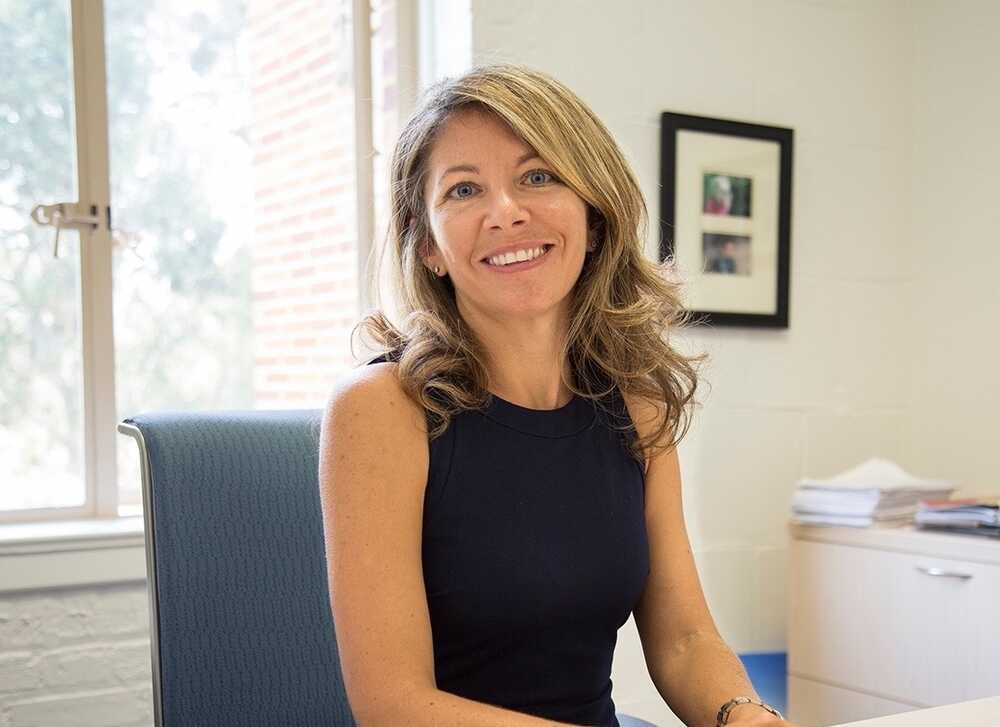
Jennie E. Brand
Jennie E. Brand is Professor of Sociology and Statistics at the University of California, Los Angeles (UCLA). She is Director of the California Center for Population Research (CCPR) and Co-Director of the Center for Social Statistics (CSS) at UCLA. She is Chair-Elect of the Methodology Section of the American Sociological Association (ASA) and an elected Board Member of the International Sociological Association (ISA) Research Committte on Social Stratification and Mobility (RC28). Prof. Brand is a member of the Board of Overseers of the General Social Survey (GSS) and a member of the Technical Review Committee for the National Longitudinal Surveys Program at the Bureau of Labor Statistics. She received the ASA Methodology Leo Goodman Mid-Career Award in 2016, and honorable mention for the ASA Inequality, Poverty, and Mobility William Julius Wilson Mid-Career Award in 2014. Prof. Brand studies social stratification and inequality, mobility, social demography, education, and methods for causal inference.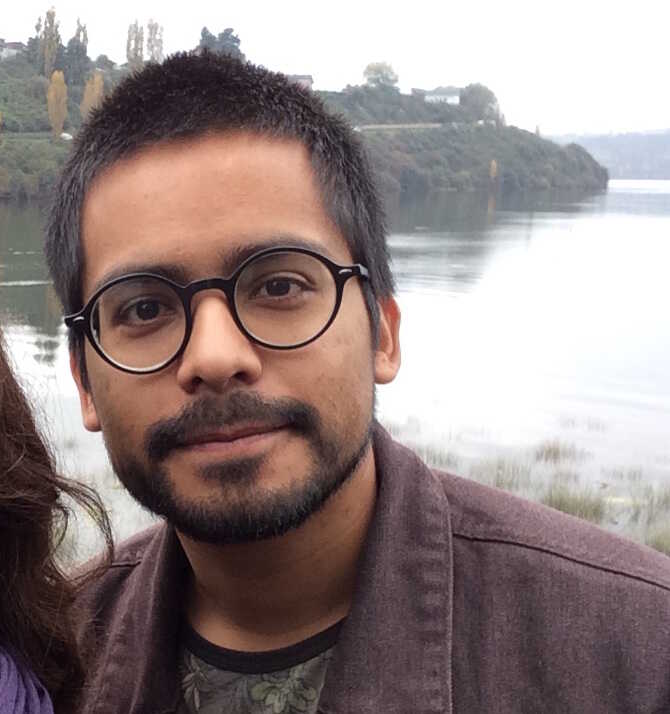
Pablo Geraldo Bastías
Pablo Geraldo Bastías is a graduate student at the University of California Los Angeles (UCLA) affiliated to the California Center for Population Research (CCPR). His research examines how institutions influence inequality in education and the labor market, with a particular focus on skill formation systems and school-to-work transitions. He is interested in the intersection of causality, machine learning, and network analysis.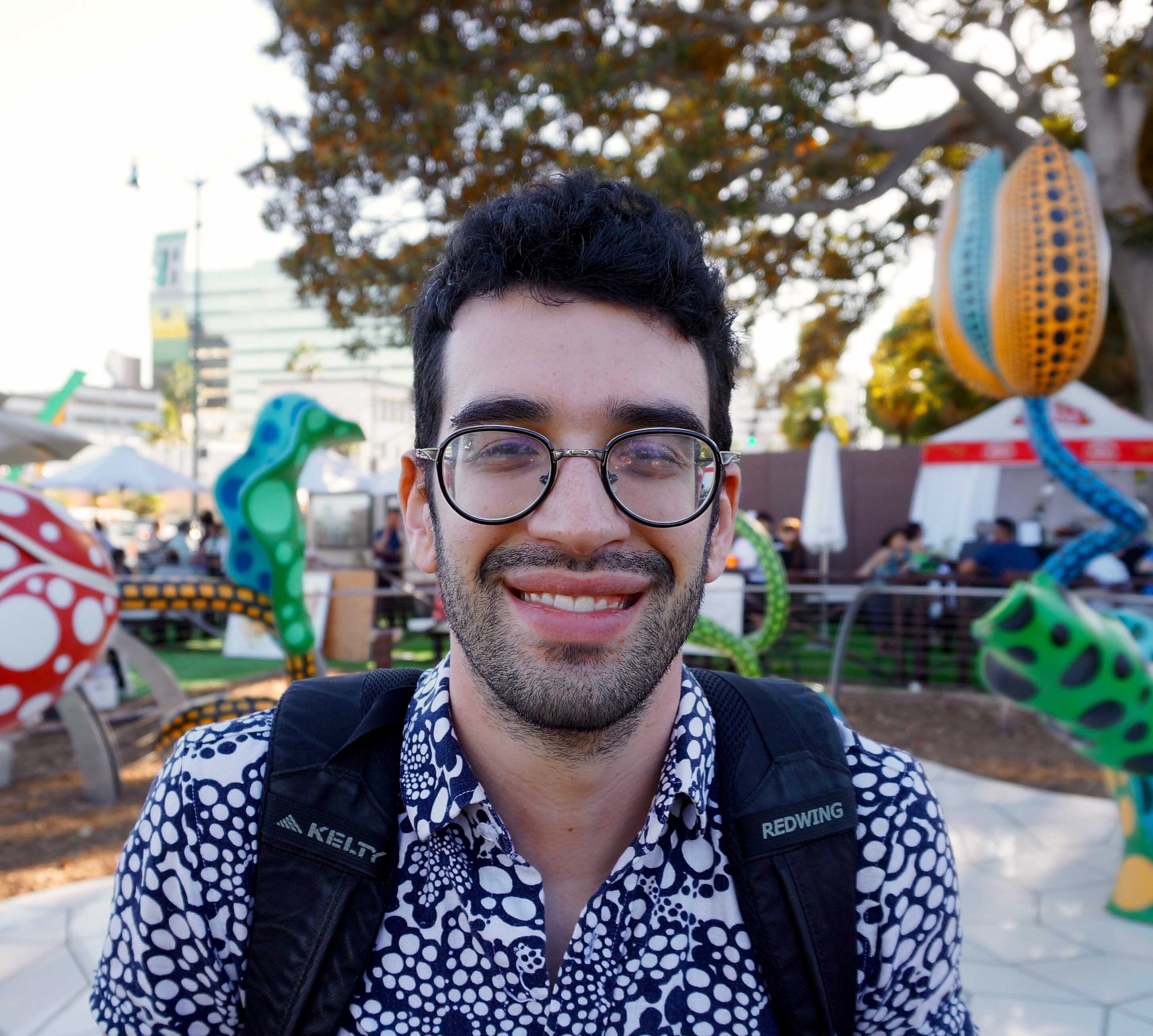
Bernard Koch
Bernard is a sociology graduate student at UCLA. He developed research interests in culture, science, and computational methods through previous experiences in comparative genomics/bioinformatics and science education research. His master's thesis adapted models from macroevolutionary biology to explain the historical trajectories of cultural populations like music genres, scientific fields, and industries. For his dissertation, he'd like to focus on how deep learning can be applied to network and causal inference problems to help identify how we can make science more efficient, productive, and equitable. Bernard is passionate about collaborative science and teaching, and has given workshops on programming, machine learning, and/or computational social science for the National Human Genome Research Institute (NIH), the UCLA Library, and the UCLA Sociology Department.Speakers
Teaching Assistants
Participants
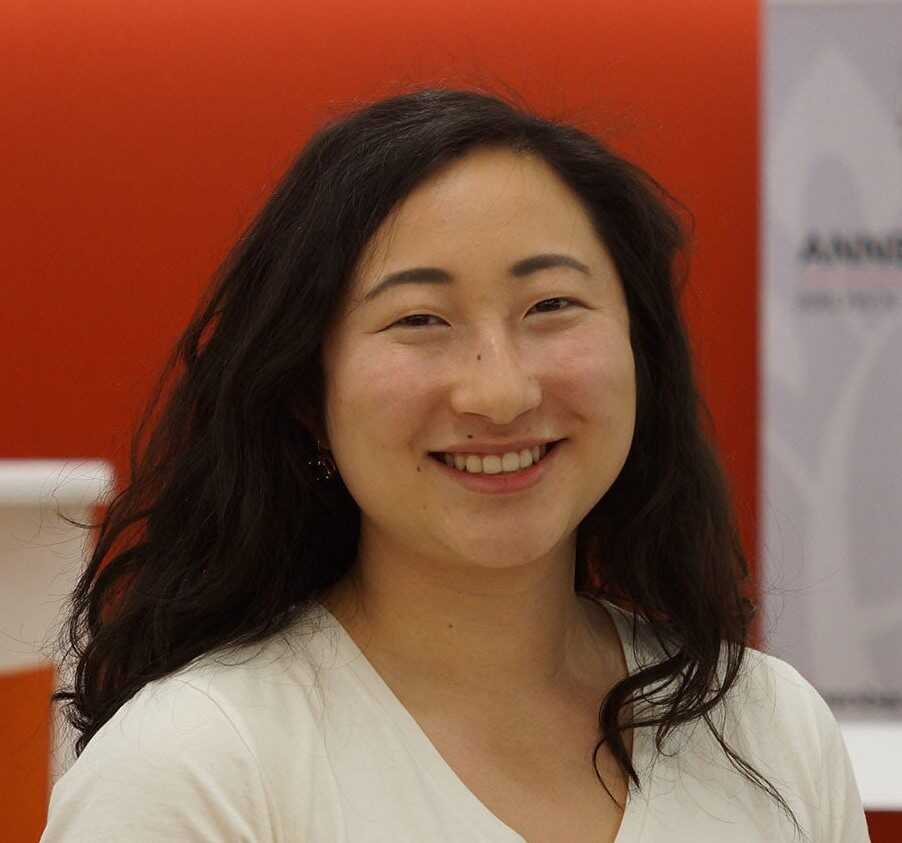
Lily An
I am a PhD student in Education Policy and Program Evaluation at the Harvard Graduate School of Education. I am interested in improving the use and interpretation of educational measures, such as student test scores, in causal inference methods. I hope to study how educational agencies can best deploy the administrative, achievement, and student outcome data that they have to identify which students need what targeted supports across varied contexts.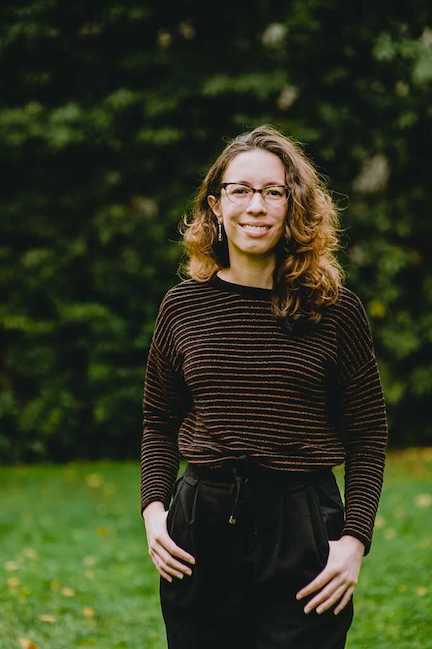
Carolina Aragão
Carolina Aragão is a PhD candidate in the Department of Sociology and a Population Research Center graduate trainee at the University of Texas at Austin. Her interests are at the intersection of family demography, race, and stratification in Latin America and the United States.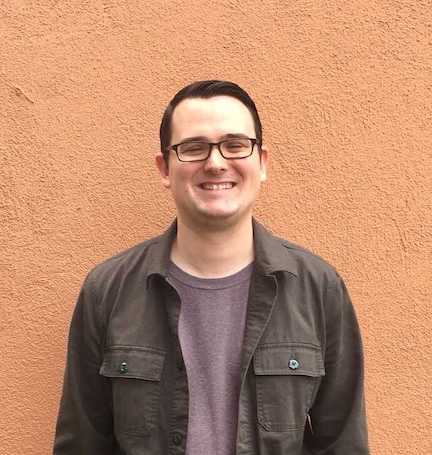
Colin Bernatzsky
Colin Bernatzky is a Ph.D. candidate in Sociology at the University of California, Irvine. His dissertation draws on ethnography, semi-structured interviews, and survey data to examine the sociocultural determinants of vaccine skepticism, with a particular focus on the interactional dynamics, group norms and metaphors that foster and sustain opposition to vaccination. In collaborative projects, he has studied the effects of exposure to right-wing virtual extremism, perceptions of social movement framing and source credibility, and the causes, costs and consequences of homelessness in Orange County.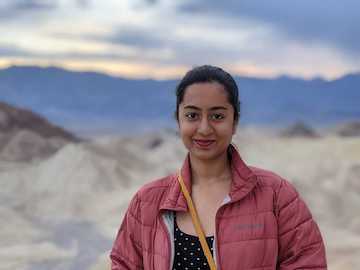
Isha Bhallamudi
Isha Bhallamudi is a PhD Candidate in Sociology at UC Irvine. Her research interests are in gender, technology, work, culture and inequality in India. She holds an Integrated MA in Development Studies from IIT Madras and an MA in Social and Demographic Analysis from UC Irvine. Broadly, she is interested in studying how digital technology shapes society, and is passionate about studying and addressing gender inequality using participatory methods. Her dissertation will focus on the gender dynamics of app-mediated work in India.Laura Breen
Laura Breen is Provost’s Fellow in the Social Sciences and a Ph.D. student in Political Science and International Relations at the University of Southern California. Her research focuses on international law, global governance, and non-state actors. Her previous work has focused on the transformation and subsequent governance effects of the movement to pass the nuclear ban treaty, as well as the network structure of actors attempting to address the humanitarian implications of lethal autonomous weapons systems. Laura received her BA from Pomona College in International Relations and an MPhil in International Relations and Politics from the University of Cambridge, where she attended as a Rotary Global Grant Scholar in Conflict and Peace Promotion. When not thinking about international relations, Laura enjoys making the most of all L.A. has to offer, including seeing live comedy, going to the beach, and failing to recognize celebrities in the wild.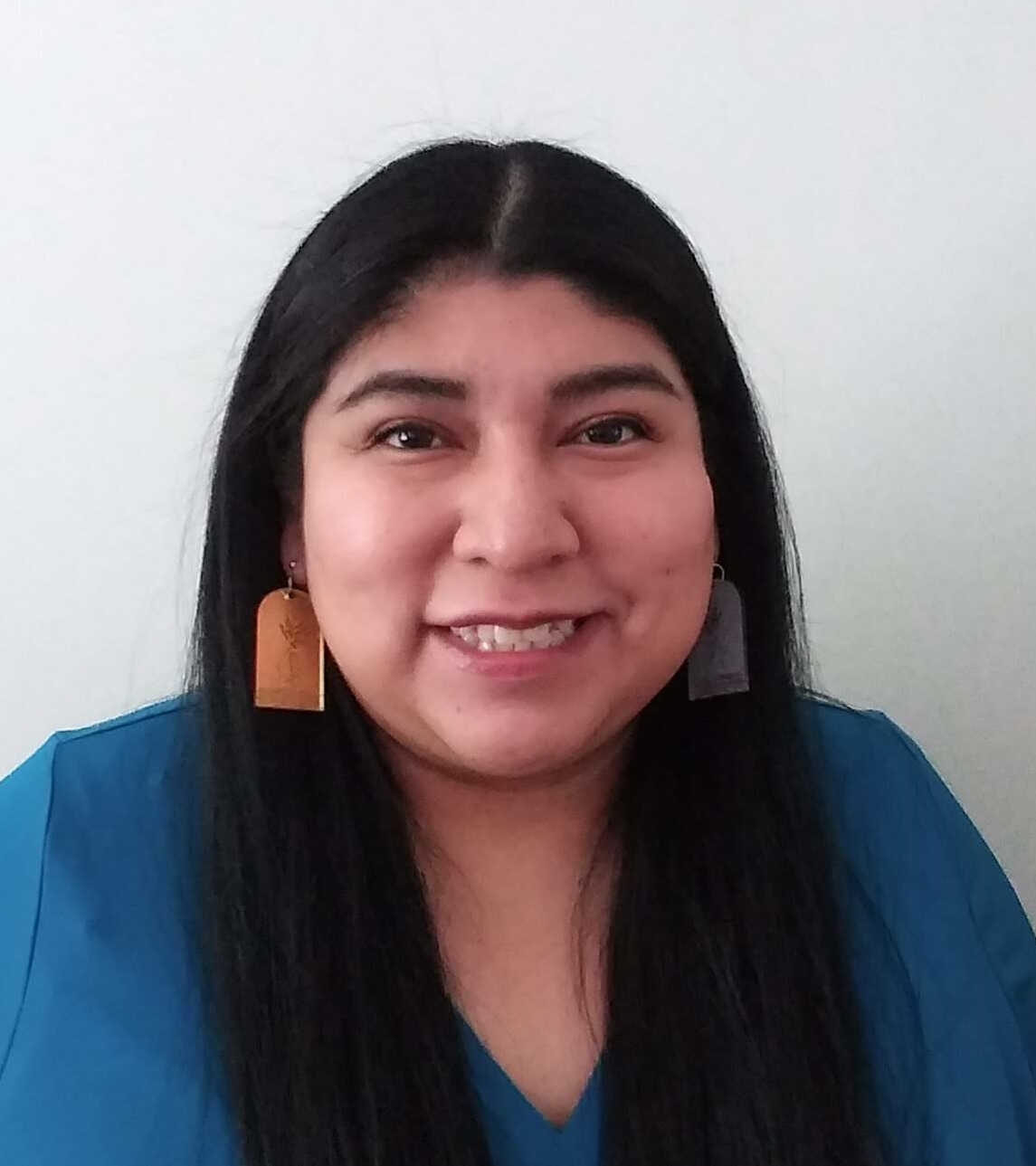
Myrna Cadena
Myrna is a PhD student in the Animal Biology graduate group at UC Davis, where she earned her BS in Animal Science and MS in Avian Sciences. Her goal is to combine her interests in animal health, epidemiology and social science to increase vaccine compliance in backyard poultry and game fowl flocks in Southern California.Amit Haim
JSD Candidate, Stanford Law School
Nicole Han
Nicole Han is a Ph.D. student in the Department of Psychological & Brain Sciences at UCSB. Her main research interest lies in understanding the mechanisms, both shared and distinct, that humans and machines use to perform visual tasks. She has worked on investigating the degree to which different facial features contribute to the guidance of the first (and most critical) eye movements onto faces. She utilized deep-learning techniques to improve the quality of visual prostheses with limited resolutions. Her dissertation topic is aiming to understand how our perception of another person's direction of gaze affects where and what we attend to in real-world environments. In addition, she is working on training computer vision models to understand human visual attention (gaze direction). In general, she is interested in combining measurements of human behavior (psychophysics, eye tracking), computational neuroscience, and machine learning techniques to identify the neural, cognitive, and perceptual mechanisms underlying critical visual tasks.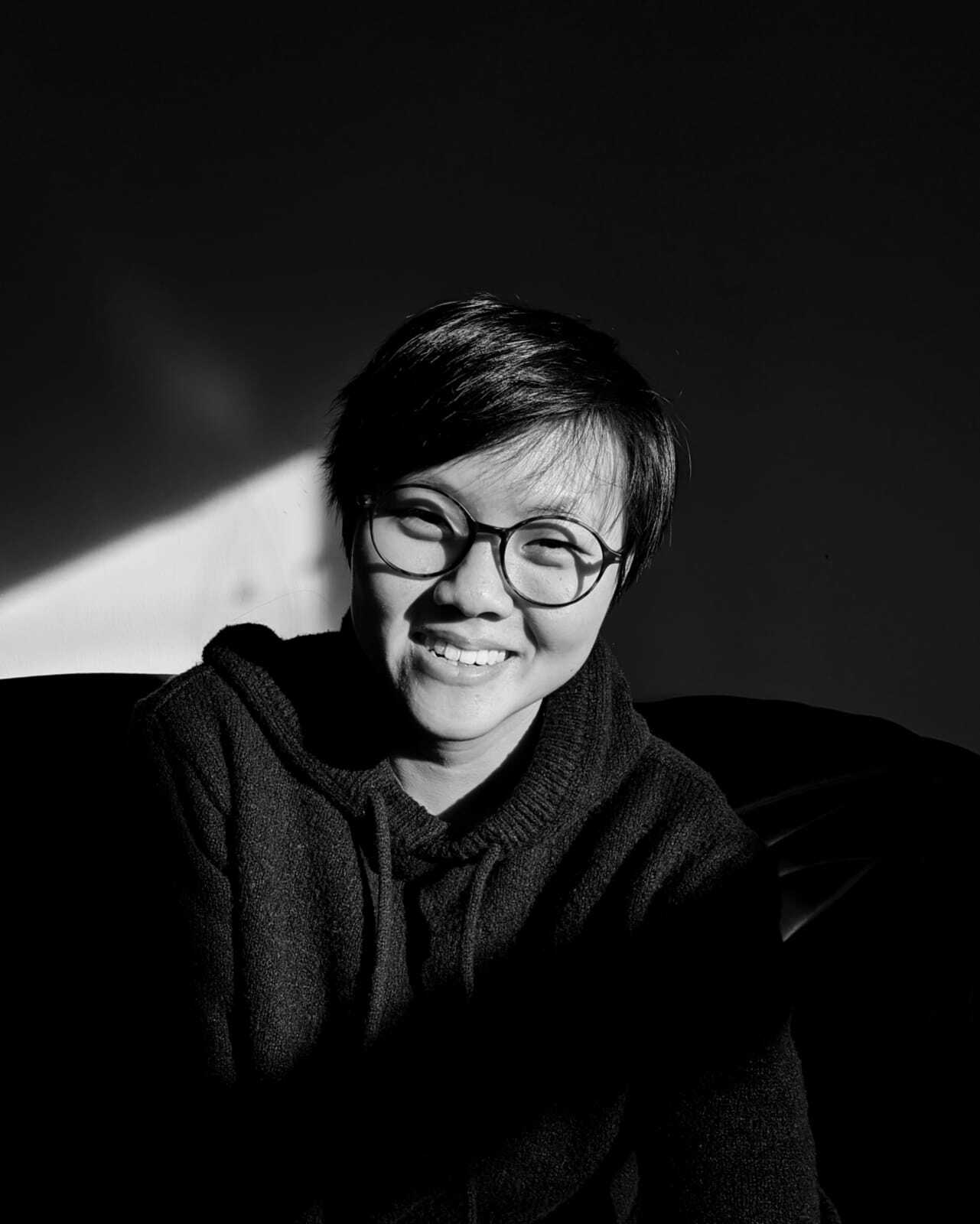
Michelle Io-Low
My name is Michelle Io-Low. I am a PhD candidate Stony Brook University's Department of Political Science. Broadly speaking, my research interests centers around public opinion and political behavior. Much of my work centers around understanding how people form opinions related to economic inequality. I am studying how political ideology, political emotions, and political identities affect beliefs about inequality and redistribution, and the relevant political behaviors.
Joyce Yanru Jiang
I'm Joyce Yanru Jiang, current PhD student in Communication at UCLA, specialize in the intersection of political communication and computational method. I’m interested in understanding how social media could positively or negatively affect the marginalized communities in a democratic society. I also emphasize on using social movement as an empirical approach for my research. The computational methods I commonly use include NLP, computer vision, network analysis, clustering, etc.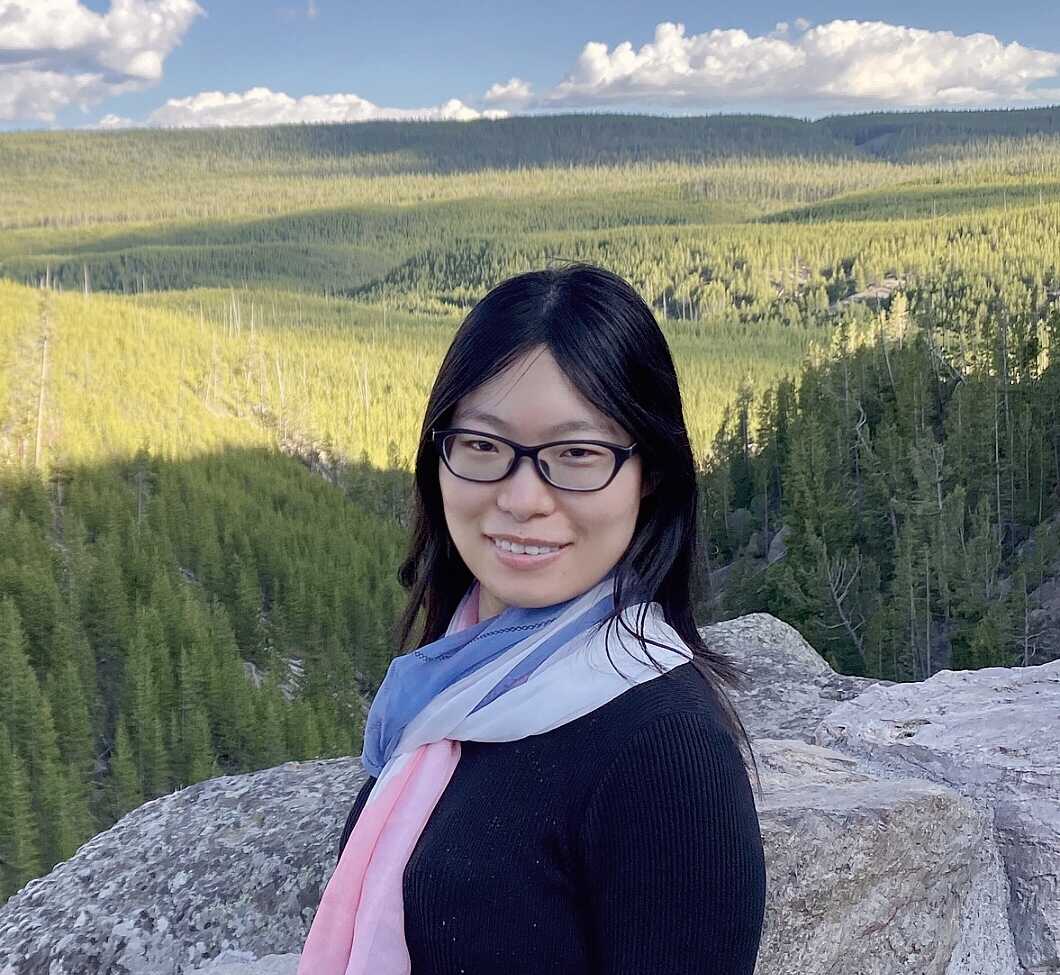
Yunxin Li
Yunxin Li is a Ph.D. Candidate in the history department of Stanford. Her research focuses on the political, social, and gender history of early China, as well as classical Chinese texts and manuscripts. She is interested in using digital methods for historical research, especially network, spatial, and text analysis.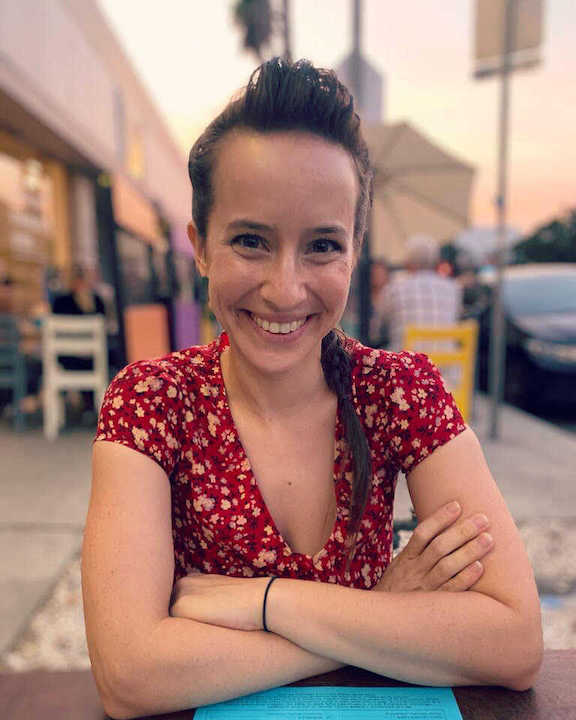
Amy Mahler
I am a PhD student at the Department of Economics, University of Southern California (USC) and a research assistant at the Center for Economic and Social Research (CESR). My research interests are in studying public systems in the U.S., particular the criminal justice and healthcare systems.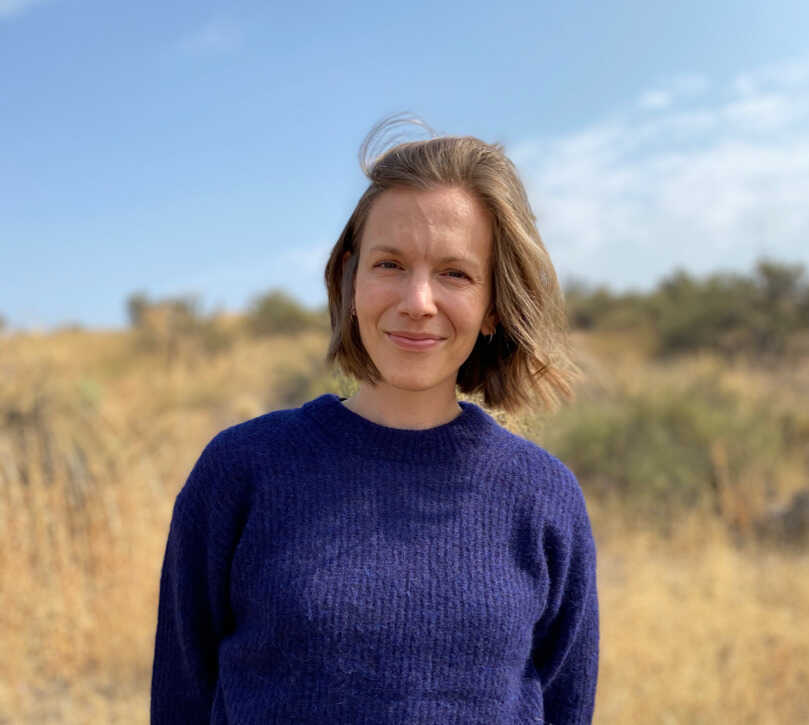
Kathryn McConnell
Kathryn is a PhD candidate at Yale School of the Environment where she studies environmental sociology. Her dissertation examines the effects of wildfire damage on migration and settlement patterns across the United States, and draws on both geospatial and qualitative methods.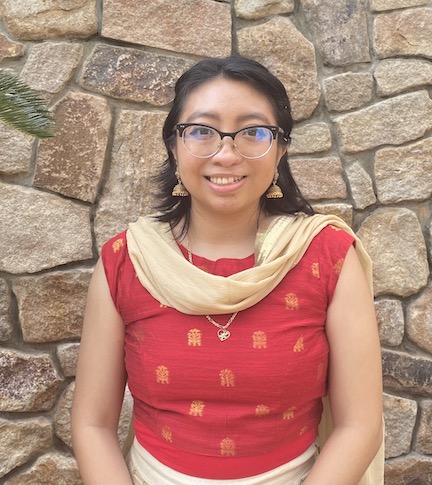
Geidy Mendez
Geidy Mendez is a rising second year Ph.D. Political Science student at the University of California- Irvine. Her research concentrates on Race and Ethnicity Politics, focusing on Latinx identity politics. She is interested in observing the relationship between socialization, immigration, and political behavior among different generations of Latinx identifying people in the United States. She hopes to use both qualitative and quantitative methods to tell the story of generational political thought and behavior. She received her undergraduate from Rutgers University - New Jersey. She is a first-generation Guatemalan from East Orange, New Jersey.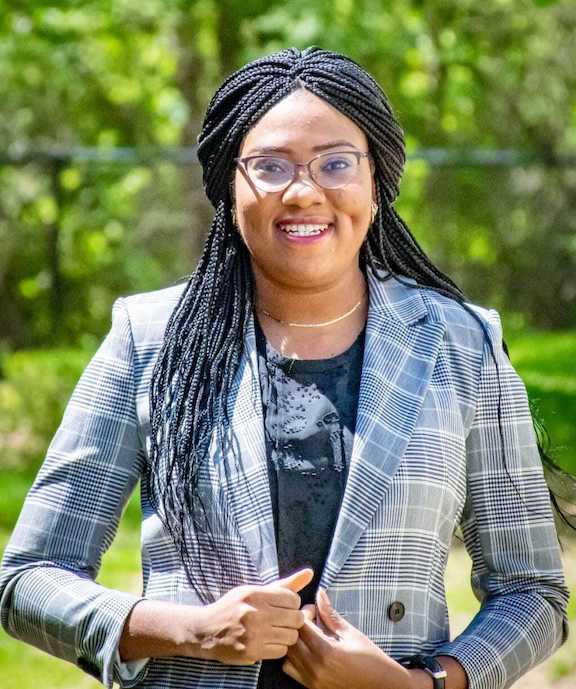
Ann Obadan
Ann Obadan is a doctoral candidate at the Harry S. Truman School of Government and Public Affairs, University of Missouri-Columbia where she is also pursuing a graduate certificate in Non-profit management. Ann received a master’s degree in Public and International Affairs from the University of Lagos, Nigeria and a has a bachelor’s degree in French Language from the University of Benin, Nigeria. Her research focuses on evaluating policies and programs affecting immigrants and underserved population. In her dissertation, Ann quantitatively examines how policies and programs like school finance reforms, financial aid and immigration enforcement policies impacts immigrants’ secondary education outcomes as well as college choice. A key component of her research agenda apart from outcome evaluation is using new data and tools like text analysis to demystify program and policy implementation.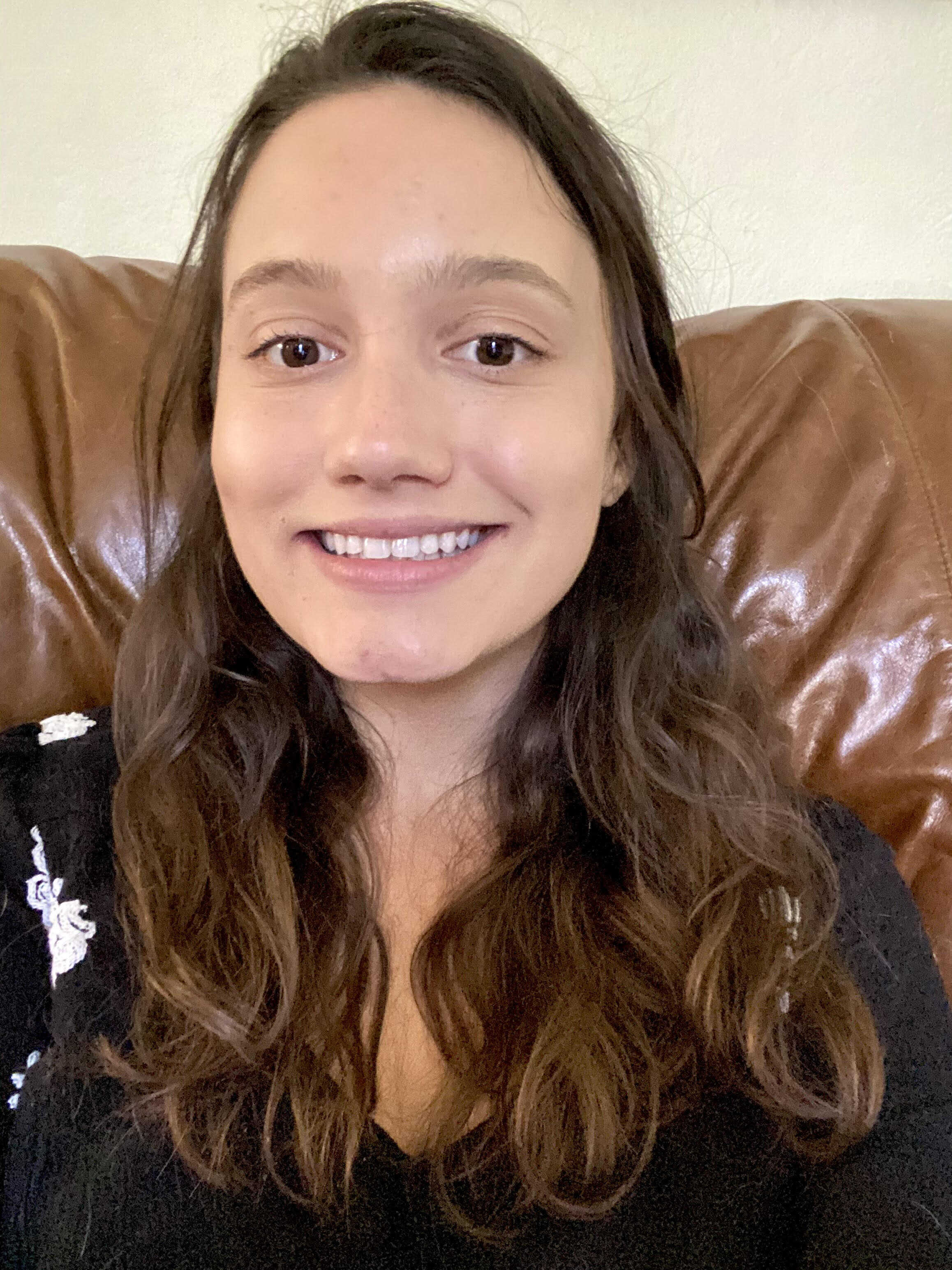
Viki Papidakis
Viki is a Ph.D candidate in social psychology at UC Santa Barbara. Her research focuses on culture and close relationship development. Specifically, Viki studies the ways in which our cultural backgrounds (e.g., national culture, socioeconomic status culture) influence our relationship-building behaviors and, subsequently, the relationships we form.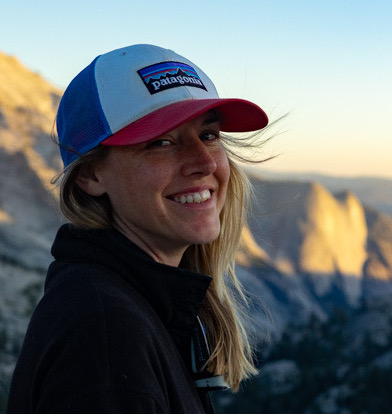
Morgan Rogers
Morgan Rogers is a PhD student in Urban Planning at the Luskin School of Public Affairs at the University of California, Los Angeles. Her research falls within social-environmental systems scholarship and uses a combination of geospatial, machine learning, and participatory research methods to investigate urban biodiversity and ecosystem service outcomes such as microclimate regulation. She is particularly interested in the relationship between urban built form and avian biodiversity outcomes. Her work as a graduate student researcher at the Luskin Center of Innovation focuses on the differential impacts of urban form on microclimate regulation.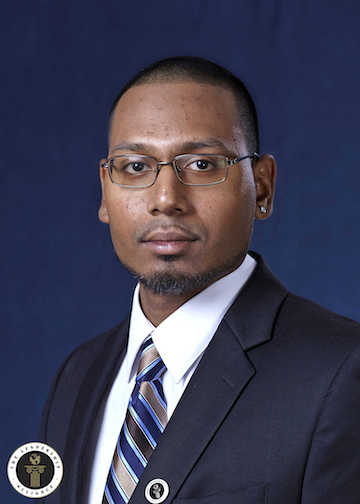
Debanjan Roychoudhury
Debanjan Roychoudhury is a Ph. D. candidate and Eugene V. Cota-Robles Fellow in the department of sociology at the University of California, Los Angeles. Originally from Queens, New York, Debanjan attended Middlebury College in Vermont on the full-tuition Posse Foundation Leadership Scholarship and participated in the Leadership Alliance Summer Research-Early Identification Program at Columbia University in 2015, setting him on the path to graduate school. Debanjan has participated in activist organizing and has performed as a spoken word/Hip Hop artist around the country since adolescence and his dissertation focuses on historic police violence and protest in the community of Jamaica, Queens.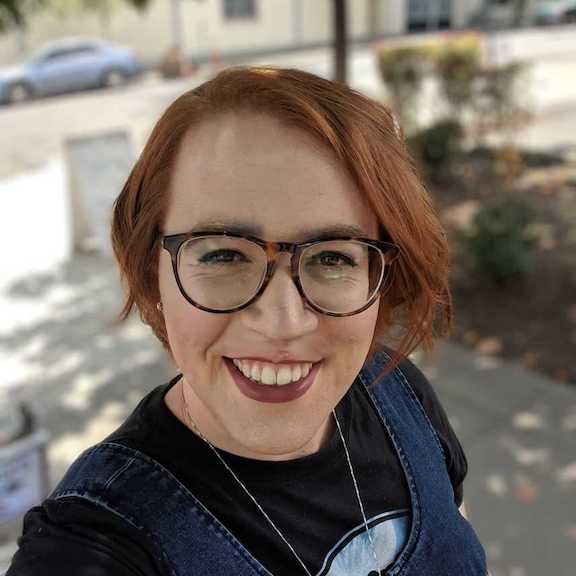
Aspen Russell
Aspen Russell is currently a PhD student studying information science at Cornell University. Aspen studies the emergence and maintenance of norms in online spaces. Specifically, she studies the impact of harassment and hate speech as it relates to identity. Her research is founded on an intersectional framework primarily using surveys, interviews, and content analysis. Currently, she is studying how online groups create and maintain prosocial spaces while dealing with conflict, with the intention to use results to inform platform moderation and public policy.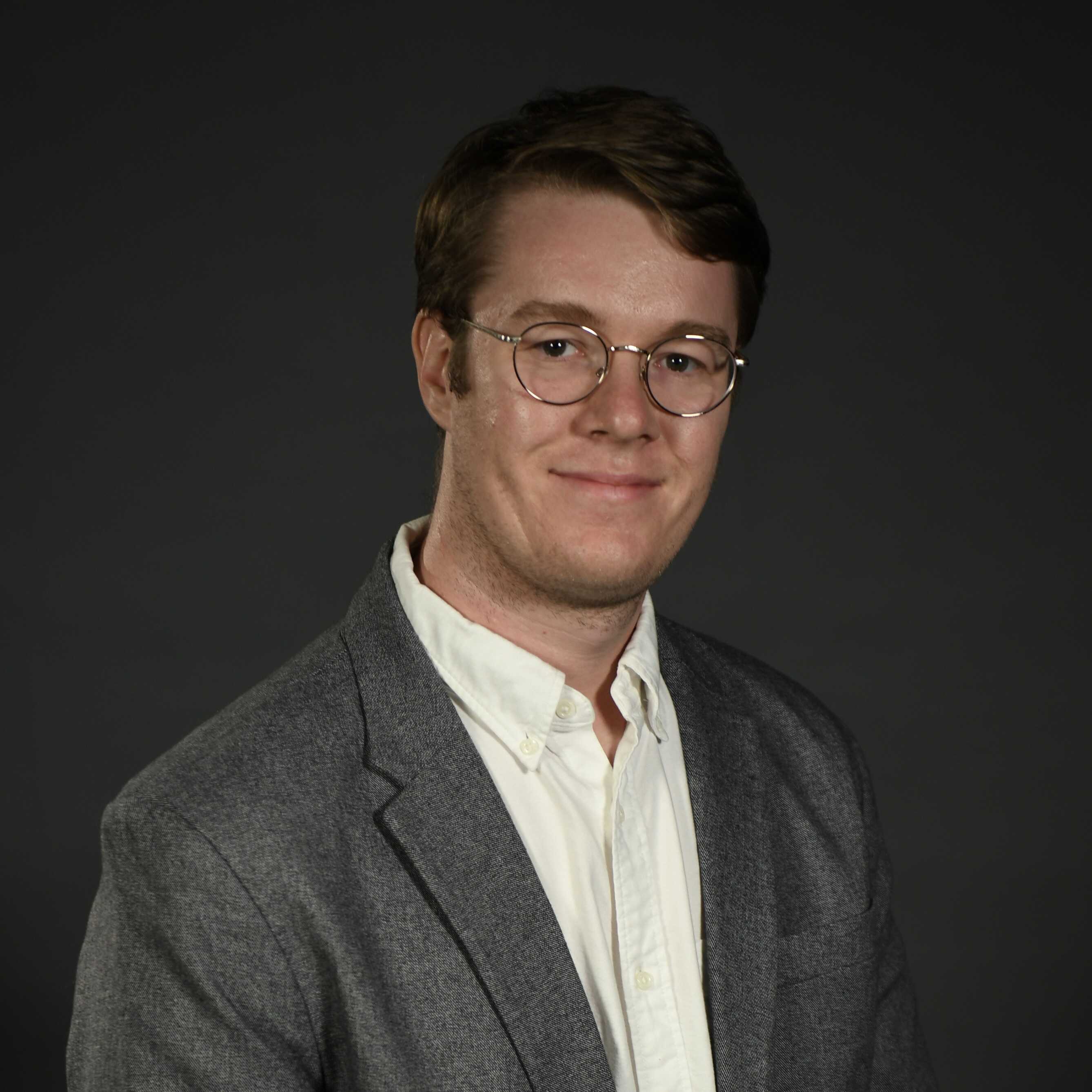
Steven Schmidt
I am a Ph.D. candidate in the Department of Sociology at UC Irvine. I research housing searches, family wellbeing, and social support.
Roberto Velazquez
Roberto Velazquez is a PhD student in Sociology at UC (Chile). His main research interests include social network analysis, historical sociology, economic sociology, and the sociology of arts. His dissertation explores how state-level economic regulations shape aesthetic dispositions, cultural markets, and art socialization in Chile and Argentina. His methodological work focuses on measuring the transmission and circulation of aesthetic values in contemporary Latin America. As of today, he intends to apply unsupervised machine learning techniques such as text analysis and topic modeling to study narrative networks and small-world effects.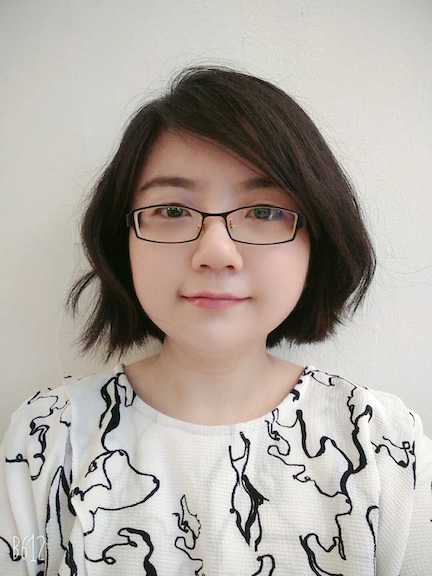
Hanning Wang
I am a PhD student in Sociology at the University of Pittsburgh. I am interested in using text analysis and media data to study framing and social movements. I investigate how social movements are portrayed or “framed” in the mainstream media across political contexts and news outlets, as well as how mainstream media shape the way we perceive political conflicts.
Jonathan Ware
Jonathan Ware is a third year PhD student in the Department of Sociology at UC Irvine. Their research primarily occupies the intersection between social psychology and network analysis where they pursue questions around identity construction and identity maintenance within group settings.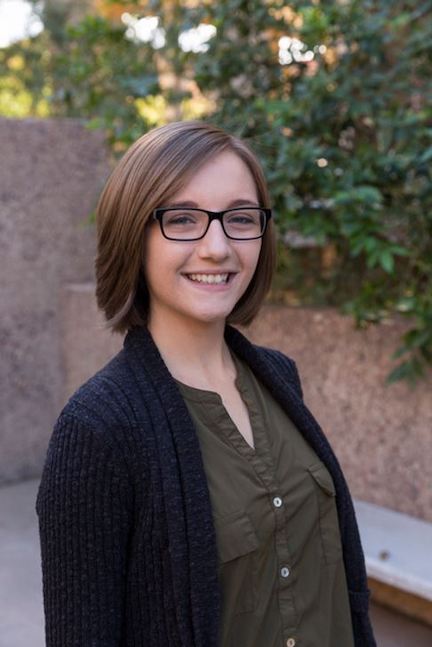
Christina Wilmot
Christina is a PhD student in sociology at UCLA. Previously, she studied computer science and worked as a software engineer at Google. She is interested in the varying intersections of technology and society, including using novel computational methods to analyze social information, studying online social behavior, and looking at the effects of the adoption of new technologies on a society. She also aims to make computational methods more accessible to social researchers from a variety of substantive and methodological fields.